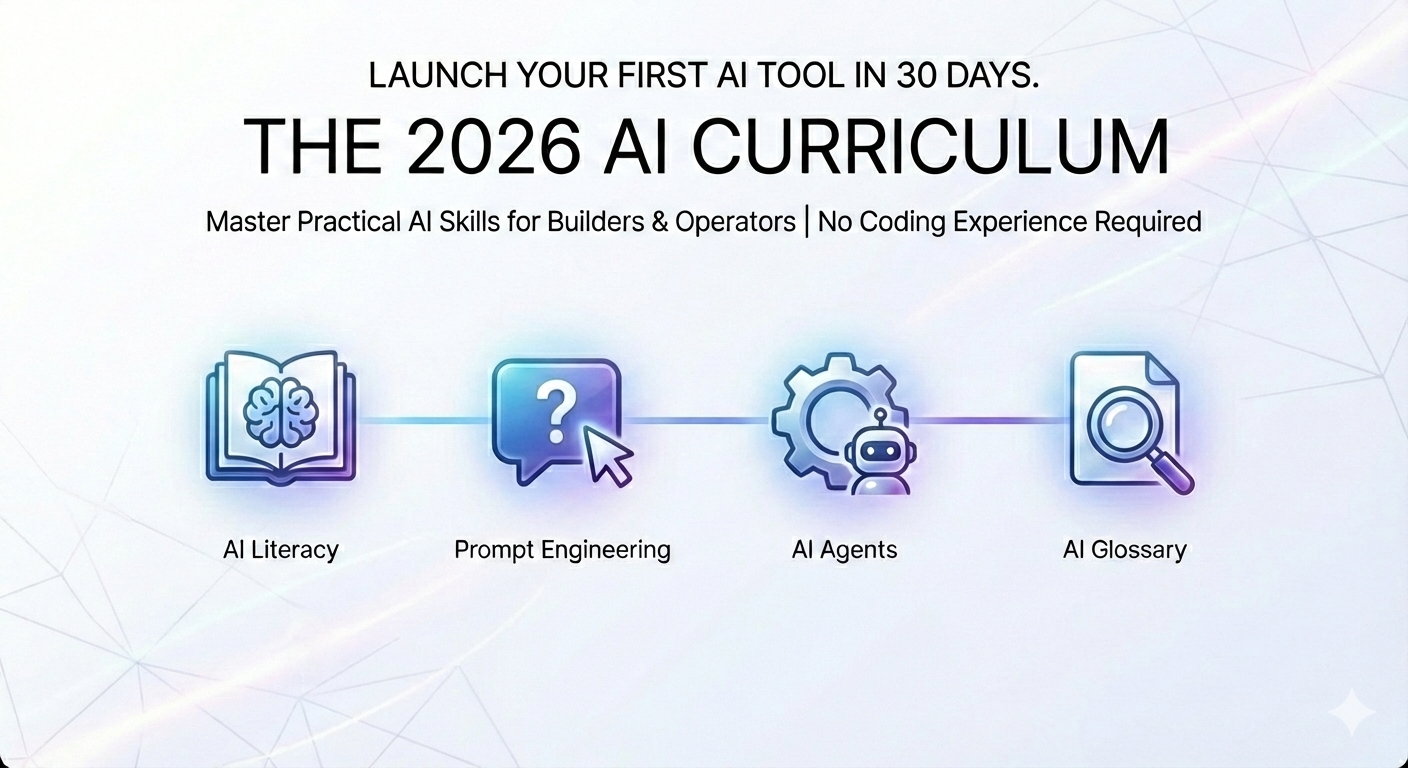Memento Mori
Is it crazy to say that I believe regularly reminding yourself “I must die” can be the happiest, most motivating and freeing exercise for positively influencing your life?
Lucky for me, I am not alone in this thought! “Remembering you must die,” or in Latin, Memento Mori, is a key aspect of Stoic Philosophy dating back to the 3rd century BCE. It’s not a depressing phrase; it’s the original Carpe Diem, “Seize the day!” Although both phrases speak to the shortness of life, Memento Mori creates a sense of urgency and perspective that Carpe Diem does not. It demands a Life of Purpose because we don’t have the time to waste. I don’t know about you, but regardless if death comes in one week or one hundred years, I want it to be worth something. I want to always be striving for my End Goals and to be enjoying myself along the way.
“It is very difficult to feel convinced that death could happen at any moment. We tend to feel that since we have survived so far, our continuation is secure. But thousands of people die every day, and few of them expected to.”
Sangye Khadro
Marcus Aurelius, one of the original Stoics, put it best:
“You could leave life right now. Let that determine what you do and say and think.”
In fact, Memento Mori had a special place among many Roman generals. When they came back after a successful battle, surrounded by the yelling and clapping of their people, they adopted a humbling tradition. While they rode confidently through the cobblestone streets in their chariots, they had a slave continuously whisper in their ear, “Respice post te. Hominem te esse memento. Memento mori!” “Look behind you. Remember that you are only a man. Remember that you too shall die!”
“Remembering that you are going to die is the best way I know to avoid the trap of thinking you have something to lose. You are already naked. There is no reason not to follow your heart.”
Steve Jobs
Meditating on Memento Mori had a big influence on me starting my expedition through Asia. Today’s world tells us so many things that simply aren’t true. We need to remember what’s important to us personally, not just to the people around us. Every human on Earth is different, and your priorities must come from the inside. Listen to the people you look up to, but at the end of the day, it’s your path to choose.
“If we’re not reflecting on the impermanent nature of life, then there are a lot of unimportant things that seem important.”
Allison Choying Zangmo
All this said, there is definitely a wrong approach to Memento Mori. This wrong approach can be expressed in the newer phrase, YOLO, You Only Live Once. While sounding similar, YOLO is the everything Memento Mori is not. You should not go jump off that bridge or drink 25 beers in one night, because, YOLO! Memento Mori does not encourage reckless behavior. The Stoics did not live as if each day was their last on Earth and party every night, they lived as if each day was a gift, and they Lived in the Moment. They focused on what was important to them and gave their life meaning.
“Every day I wake up not-dead is a gift.”
Eric Sun
It’s similar to when the elderly talk about their biggest regrets in life. “I wish I traveled while I could still enjoy it;” “I wish I spent more time with my family;” “I wish I didn’t work so much;” “I wish I didn’t worry about so many things that aren’t important.” At the end of the day, we should all strive to make a positive change in the world, and enjoy the ride along the way!
“In a blink of an eye, we’ll all be gone. 100 years compared to infinity is nothing. I talk to my sister all the time; I say, ‘Girl, you better start having some fun. We’re gonna be gone in a minute. You’re gonna look back and say, “Shit, I should have been laughing, and now I’m dead.”‘”
What do you think about Memento Mori? How does it change your perspective on life?




Leave a Reply